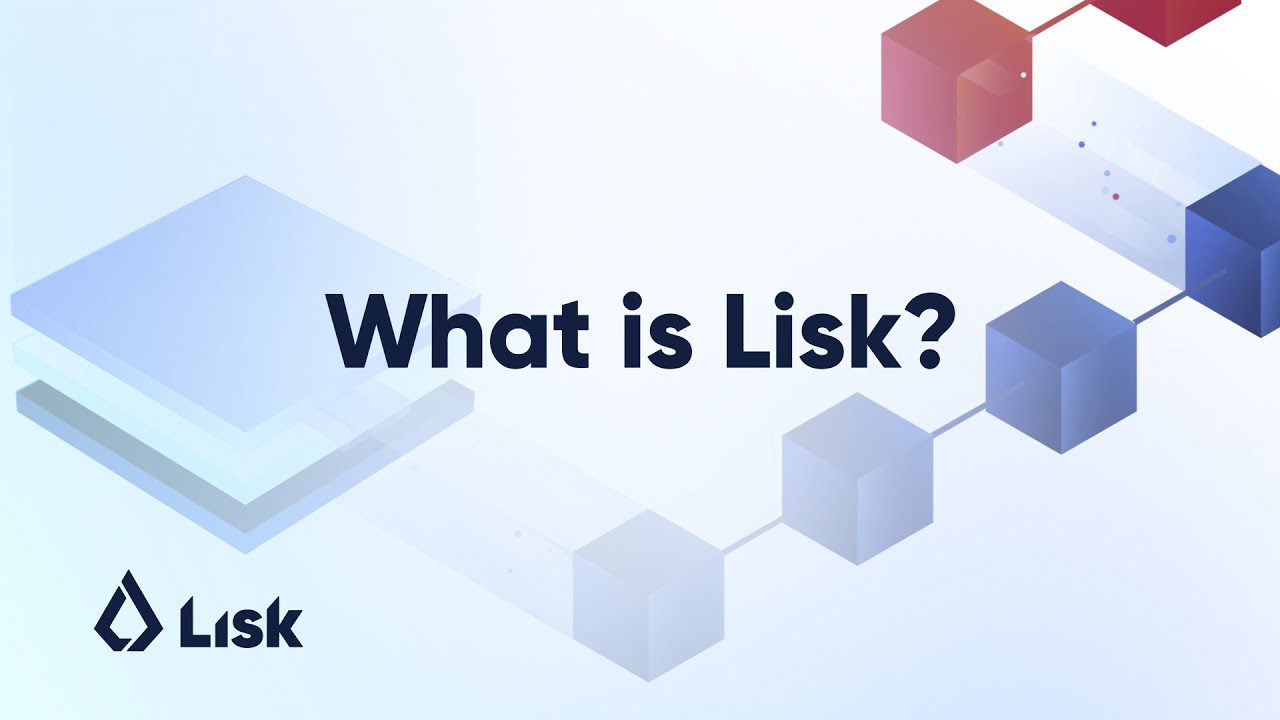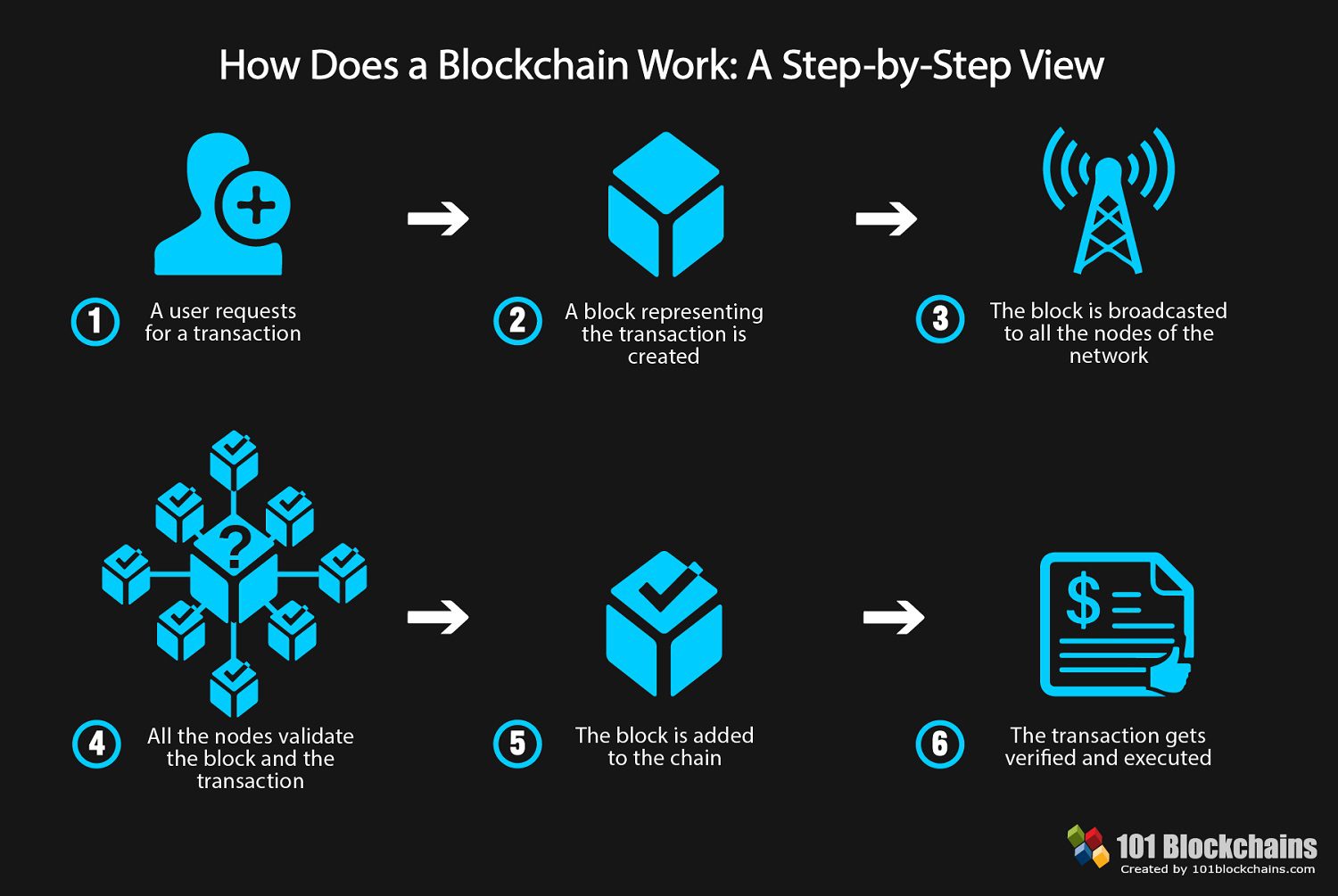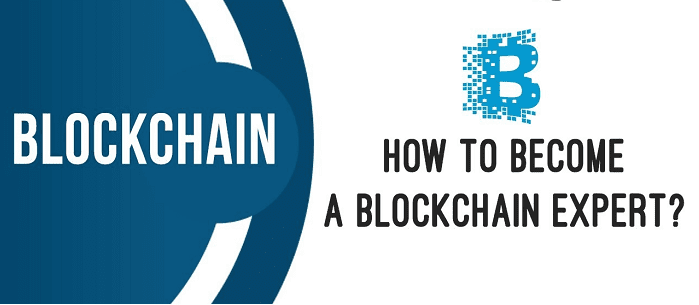Blockchains, cryptocurrencies, and crypto mining seem to be buzz words touted today by everyone and in every industry where financial transactions are made. Technologies like Quantum Computing, Virtual Reality, Neural Networks, data analytics, AI, Augmented Reality, driver-less vehicles, smartphones, cryptos and many more have digitized the modern world and have come to prominence over the last decade. Blockchains have immense benefits for the industries adopting its technology as they reduce costs, increase process efficiency, improve productivity and ease-of-operation.
Blockchain Training is the way to go, to land a career in the evolving and emerging field of blockchain applications across all verticals. This then includes the jobs generated in fields like crypto mining and the entire blockchain ecosystem.
The basics of blockchains:
The Blockchain ecosystem is the emerging darling of 2018 with hopeful industries incorporating it willingly. It has the potential to transform disruptively and every industry. However, the cryptocurrency markets where it originated in the Bitcoin blockchain, shed almost 79 percent of their capital and the field is dogged by regulations and legal hurdles as of now. Governments and policies are reluctantly showing more acceptance of blockchain apps as indicated by the recent mobile trial conducted in West Virginia.
Let us look into the many advantages and terminology of blockchains as taught in Blockchain Training. Blockchains are today popular across verticals and industries like banking, agriculture, healthcare, e-commerce, education, mining, property recording, retail, entertainment, media, automobiles, logistics, transport and many more.
Blockchain technology brings in the important four attributes of immutability, decentralization, transparency, and security. The benefits offered by blockchain technology are
- The blockchain data structure is contained in the app-end and causes the data to be immutable, and impossible to delete or alter making its algorithm unhackable at the present time.
- The data ledgers are cryptography protected and contain hashtag functions from the previous block. This information is verified to complete the cryptography transactional process through crypto mining.
- The peer mining network has all transactions on the blockchain over all the interconnected computers thus decentralizing the system.
- User authentication and verification use the blockchain technology sans third-party interference.
- Ledger consensus and record-keeping are enhanced as all data of transactions are contained in the block and are duly verified for maximum trust by the peer network users.
- The ledger is distributed over all blockchain nodes in real-time.
- Data is always retrievable and never lost.
- Transparent transactions ensure the viewing parties are verified authenticated users and reduce transactional ambiguities.
- Blockchain time-stamping ensures a recorded chronological order.
- The source of the ledger can be tracked at every block of the chain.
- Consensus between the parties ensures duplicity and fraud are removed.
- Smart contracts enable presetting criteria and conditions for automatic recording of transactions.
What is crypto mining?
Blockchains use cryptographic hashtags to interconnect blocks with the predecessor block containing a hashtag criterion that needs to be verified and is transmitted across all mining nodes for every transaction. The miners provide the algorithmic solution as proof-of-work making the transaction complete and verified. By doing so first the miner is rewarded with gold or if late a pile of dust. To dig out the solutions in crypto mining is an arduous task needing Blockchain Training, knowledge of algorithms, problem-solving abilities, and dedication. This crypto mining can be profitable and depends entirely on skill and luck.
The digitized process used is un-tampered, secure, instantaneous and has little or no fees when compared to banking processes. Hence the ongoing crypto bans by Governments and policymakers. At the moment the blockchain technology is being used across verticals like banking, education, healthcare, insurance, real estate and many more.
Cryptomining and the blockchain ecosystem’s job market is booming and for the skilled blockchain experts, the job has no lack of scope for development, recruiting companies or great pay packages. According to Upwork, the thousands of jobs being generated by the blockchain segment are filled in less than a week. Hubs for crypto mining exist in Venezuela, Russia, Norway, Canada, Sweden, and South Korea with the rest of the world fast catching up.
Conclusion:
Is crypto mining a job? Probably not but the returns are high! Also, it needs great Blockchain Training. For all your blockchain courses try Imarticus Learning. Their courses are par excellence. Start your course without any delay and mine your way to a great career. All the best!
For more details, you can also contact us through the Live Chat Support system or can even visit one of our training centers based in – Mumbai, Thane, Pune, Chennai, Banglore, Delhi, Gurgaon, Hyderabad, and Ahmedabad.









